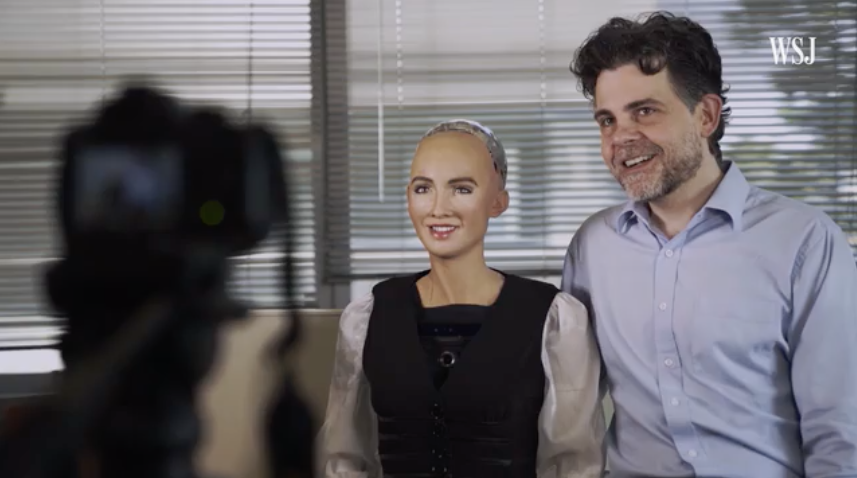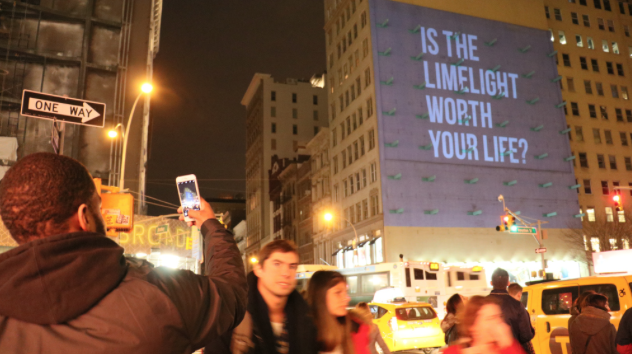
Interesting Reads. Industry news that you may have missed.
The Follower Factory – The New York Times
An obscure American company, Devumi, collected millions of dollars in social media fraud. The company sells twitter followers and retweets to celebrities, businesses and anyone who wants to appear more popular online. These accounts resemble real people, revealing a somewhat large-scale social identity theft. At least 55,000 of the accounts use the names, profile pictures, hometowns and other personal details of real Twitter users, including minors.
The Robot Revolution: Humanoid Potential | Moving Upstream
Humanoid robots are rapidly evolving to look, walk, talk and act like humans. As they continue to evolve, will we want to spend time with them? This episode of Moving Upstream explores a closer look at humanoid robots and their development.

What About Social-Media Neutrality? – The Wall Street Journal
Social media platforms we use today are far from neutral. Content is not distributed equally thanks to profit-focused algorithms calculated by Facebook, Twitter, and Instagram. The news stories, shared videos and social trends we see have succumbed to the pay-to-play tactics that favor advertising and marketing targeting.
Google Is Testing a New App That Would Let Anyone Publish a Local News Story – Slate
Google is testing a new app, Bulletin, that would allow for individuals to report and publish local news stories. The new tool is designed to make it “effortless” to tell “the stories that aren’t being told” through your smartphone. The app is being piloted in Nashville and Oakland.

E! Uses Grammy Weekend to Launch Mysterious Marketing Campaign for ‘The Arrangement’ – Variety
Grammy weekend, E! used the event to capture pop culture fans in New York with a mysterious stunt for the second season of ‘The Arrangement.’ Key questions characters dealt with in the show were projected onto NYC hot spots. E! also purchased select search terms — such as “The Institute” and “double triangle” — so that anyone who headed to Google for answers was led to an ad telling them to catch up on the first season.







